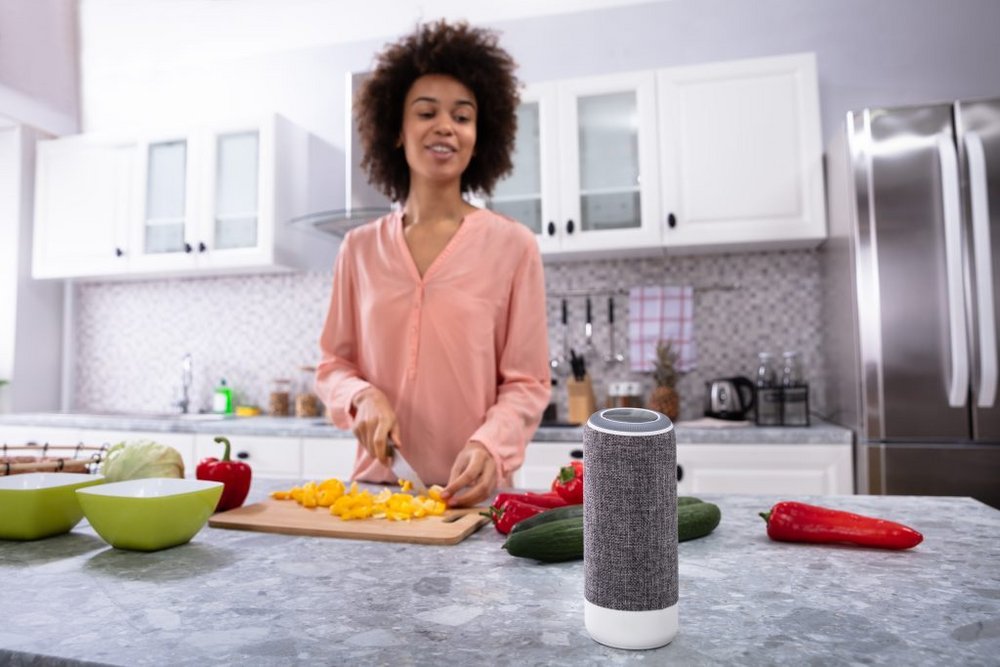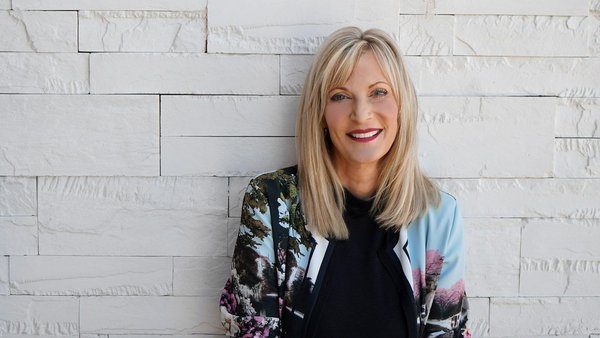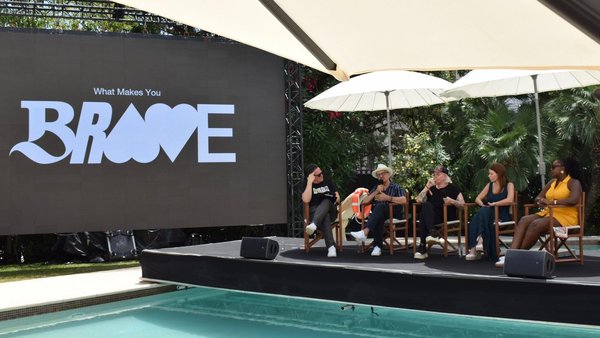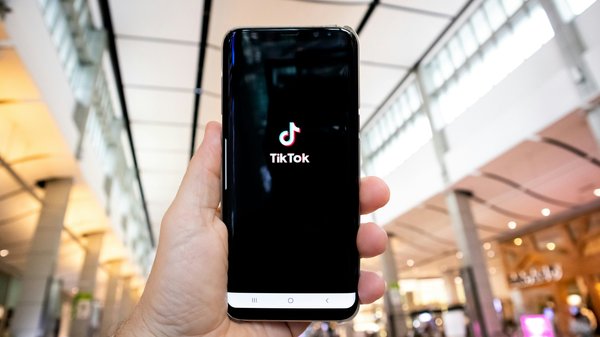Promoted content
The Retail Revolution /
OMD has released a new report into how AI will change society and what it means for marketers

If the 2010s were dominated by the rise and rise of smartphones, it seems a fair bet that the 2020s will be defined by the rise and rise of Artificial Intelligence.
A new report by OMD, launched at Most Contagious 2019 on 5 December, looks at what this technology – which is likely to make an impact at every level of society – means for brands and marketers.
Crucially, The Retail Revolution takes a consumer-first approach to understanding the opportunity presented by AI-driven technology. Two-years’ worth of qualitative and quantitative research into the attitudes and behaviours of over 30,000 consumers in 13 global markets has been analysed to shed light on how best to respond to people’s rapidly evolving expectations.
The report looks at retail in its broadest sense, focusing on how AI is influencing the ways in which people make and execute their purchasing decisions. ‘It’s not just about what the technology can do, it’s also about understanding consumer attitudes, translating from what technology can do to what brands should do’, explains Jean-Paul Edwards, chief product development officer at OMD EMEA.
Jean-Paul Edwards, OMD
Fundamental to what brands should do, says Edwards, is an understanding that experience – underpinned by AI – will be at the heart of the relationships businesses build with their customers over the next decade. Typically, these experiences will evolve out of the things they’re already doing: ‘People will adopt a new behaviour if it’s easier than what they currently do,’ says Edwards. ‘It may not be anything particularly new, just less mental effort. People follow the path of least resistance.’
Simplifying what people already do might seem pedestrian, but the key is to build on the basic level of human empathy required to get those basics right. Taking your cues from consumers can open up an array of more opportunities. ‘Once you start talking to people about these things they start imagining all sorts of interesting scenarios’ says Edwards. One everyday example emerged around the idea of TV guides.
A conversation about how voice technology might make it easier to plan your evening’s viewing while cooking dinner (rather than the usual interminable scroll through 500 channels, plus Netflix, plus Amazon) quickly escalated into higher value territory. Could the tech help to regulate viewing habits by suggesting related content that complements season three of The Crown, encouraging a more stately pace of consumption than the unrestrained bingeing you might otherwise indulge in? Not only that says Edwards, the conversation went further still: ‘People are talking about letting these technologies help regulate their mood, even their mental health, guiding them away from those shows that make you feel bad about yourself.’
It’s easy to see how quickly questions around the issue of trust begin to loom large in the development process, another area the report and the wider research initiative delves into.
The data-driven nature of AI and the habit-driven nature of humans demands careful attention to the clarity and communication of new services and experiences, whatever it is they are trying to achieve. The Retail Revolution offers a guide to getting started on a journey toward long-term disruptive change but, for brands, that journey starts with small steps and incremental opportunities.
‘It’s about start early, start small, think big and then scale up appropriately,’ says Edwards. ‘There’s a huge amount of diversity in terms of what that right answer might look like that’s defined by the sector, the market, the audience, and the brand itself, so there’s going to be a unique solution for everyone.’
If you’d like to start exploring what that solution might look like for your brand, you can start by downloading the report here.
Want more of the same? /
We don’t just write about best-in-class campaigns, interviews and trends. Our Members also receive access to briefings, online training, webinars, live events and much more.




